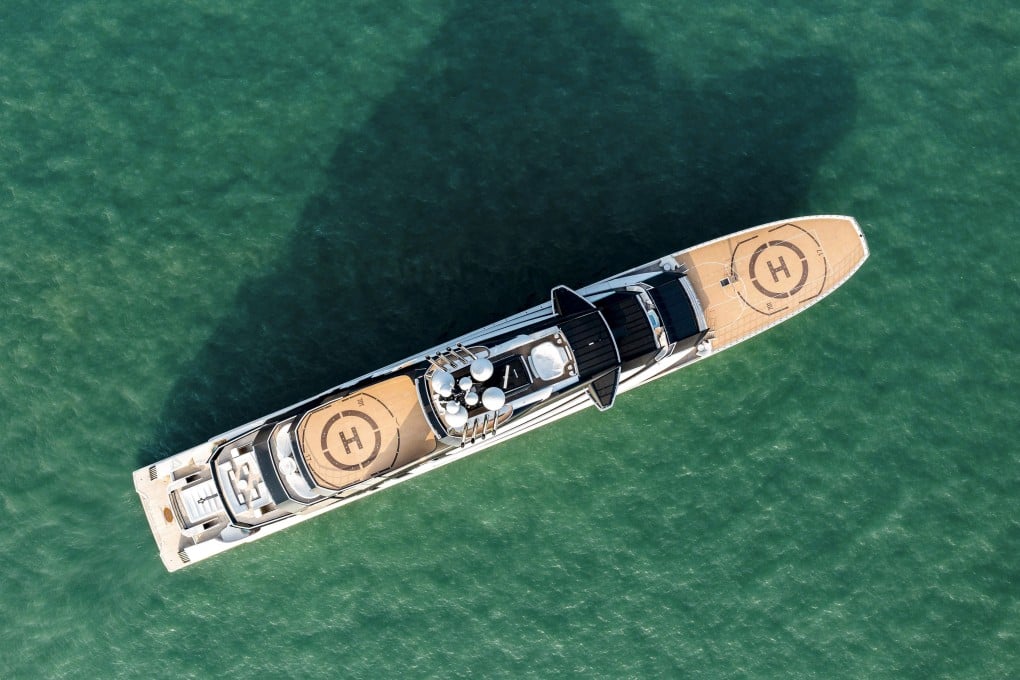Opinion | Russian superyacht row highlights need for Hong Kong to define its international role
- To avoid being a pawn in geopolitical struggles, the city must define its place in the world by making clear its resolve to be a helpful international actor
- Hong Kong’s place in the global context must become a more central focus in policymaking

The government should begin by recognising that Hong Kong must define itself beyond being an international business gateway. Attempts to “sell” the city solely on its commercial attributes do not address the geopolitical uncertainties looming in the background. Likewise, UN resolutions that Hong Kong is required to enforce cannot cover all geopolitical eventualities.
There is a pressing need to answer these questions. Not doing so means it risks being seen as an outlet for authoritarian capitalism. What does this mean? Against Hong Kong’s refusal to comply with US warnings on the Russian superyacht, Washington can argue that Hong Kong is, by default, on Russia’s side: a safe haven for sanctioned capital and assets from illiberal non-democratic regimes.
